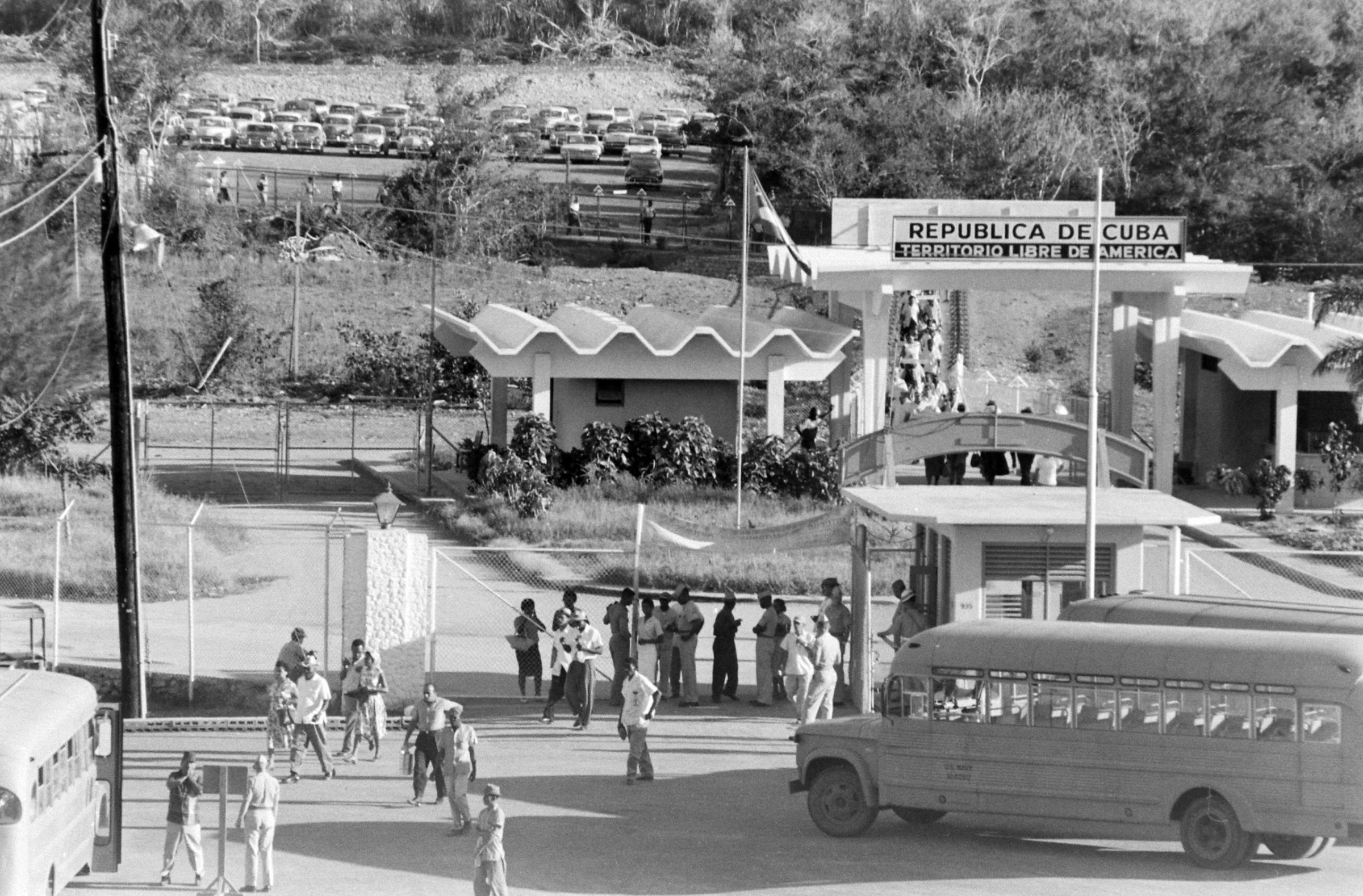
For many Americans, the word “Guantanamo” is synonymous with a prison that has, since it opened in 2002, been regularly called out over conditions at the prison and alleged acts of torture. President Obama promised to close it during his first year in office, and now, as he approaches his last, a plan to make good on that promise is in the works.
But Guantanamo isn’t just a detention camp. It refers, of course, to a bay in Cuba, but also to the U.S. naval base that’s been situated off that bay since the signing of the Cuban-American Treaty in 1903, following the Spanish-American War. During World War II, the base was relatively quiet, used for anti-submarine warfare training and postal operations. But when the Cold War began to heat up, the servicemen who called Guantanamo home, along with their families, found themselves at the epicenter of an international crisis.
On the morning of Oct. 16, 1962, President Kennedy was greeted with a series of aerial photographs, taken by a U.S. Air Force spy plane, which clearly depicted images of Soviet ballistic missile facilities in Cuba. In the tense standoff that ensued, the U.S. enacted a naval blockade of Cuba, promising military action if necessary. For non-military residents of the base at Guantanamo, this meant one thing: It was time to leave. As LIFE wrote:
At the U.S. naval base at Guantanamo on the southeast coast of Cuba, the wives and children of servicemen had almost grown accustomed to living on the boundary of the Cold War. As they went bout their daily routines, they could see Castro’s guards, ghostly and menacing against the jungle. But for all the hostility outside the 24-mile fence line, this American enclave in Cuba was pleasant and homey. Then came the electrifying command for the dependents to assemble for an evacuation in one hour.
LIFE photographer Robert W. Kelley captured what life was like for those families leading up to the evacuation—a quiet life in which children played tag when they weren’t doing their homework and women cared for their charges while their husbands went about their duties. It was a life that would soon be abruptly interrupted as the world feared that the Cold War was seconds away from turning irrevocably hot.
Thankfully, that outcome was avoided. Another, slower-boiling crisis would come to Guantanamo decades later with the creation, criticism and planned destruction of the prison that has come to define the word itself.
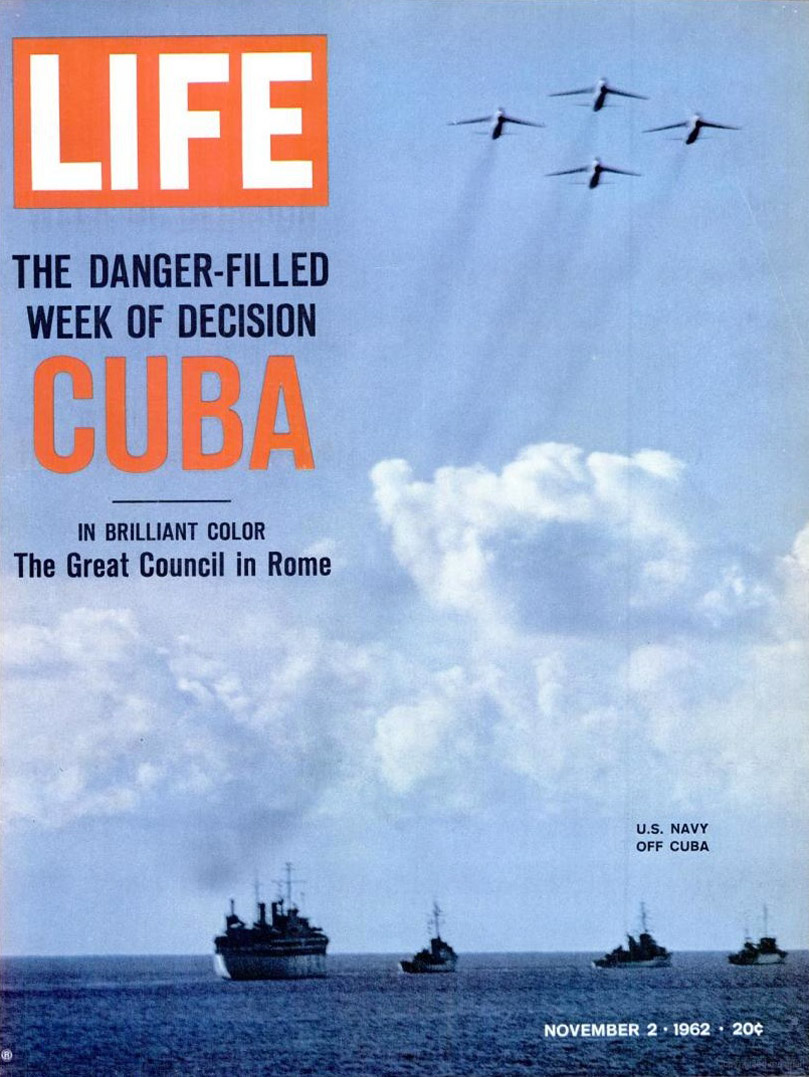
Liz Ronk, who edited this gallery, is the Photo Editor for LIFE.com. Follow her on Twitter @lizabethronk.
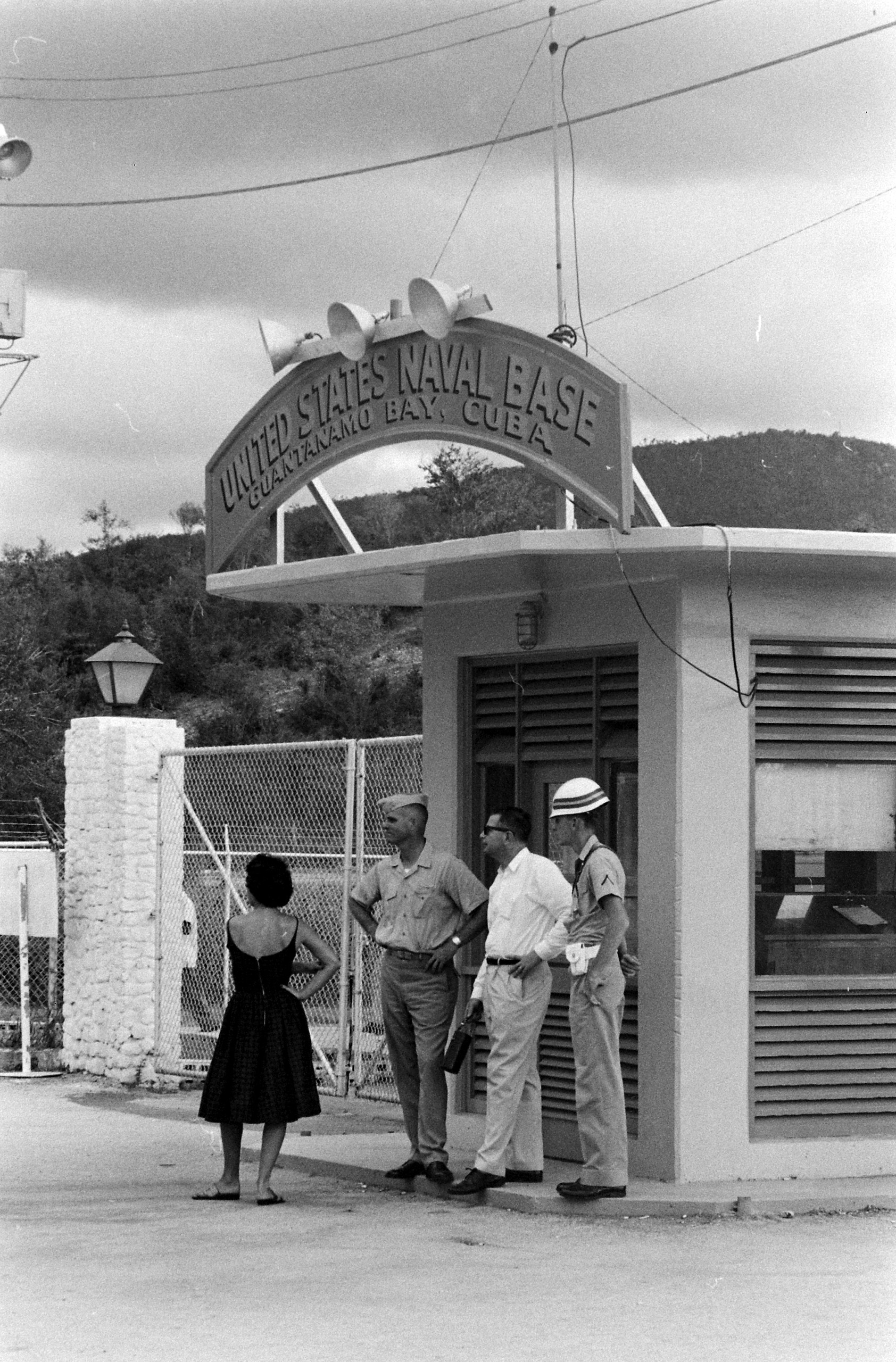
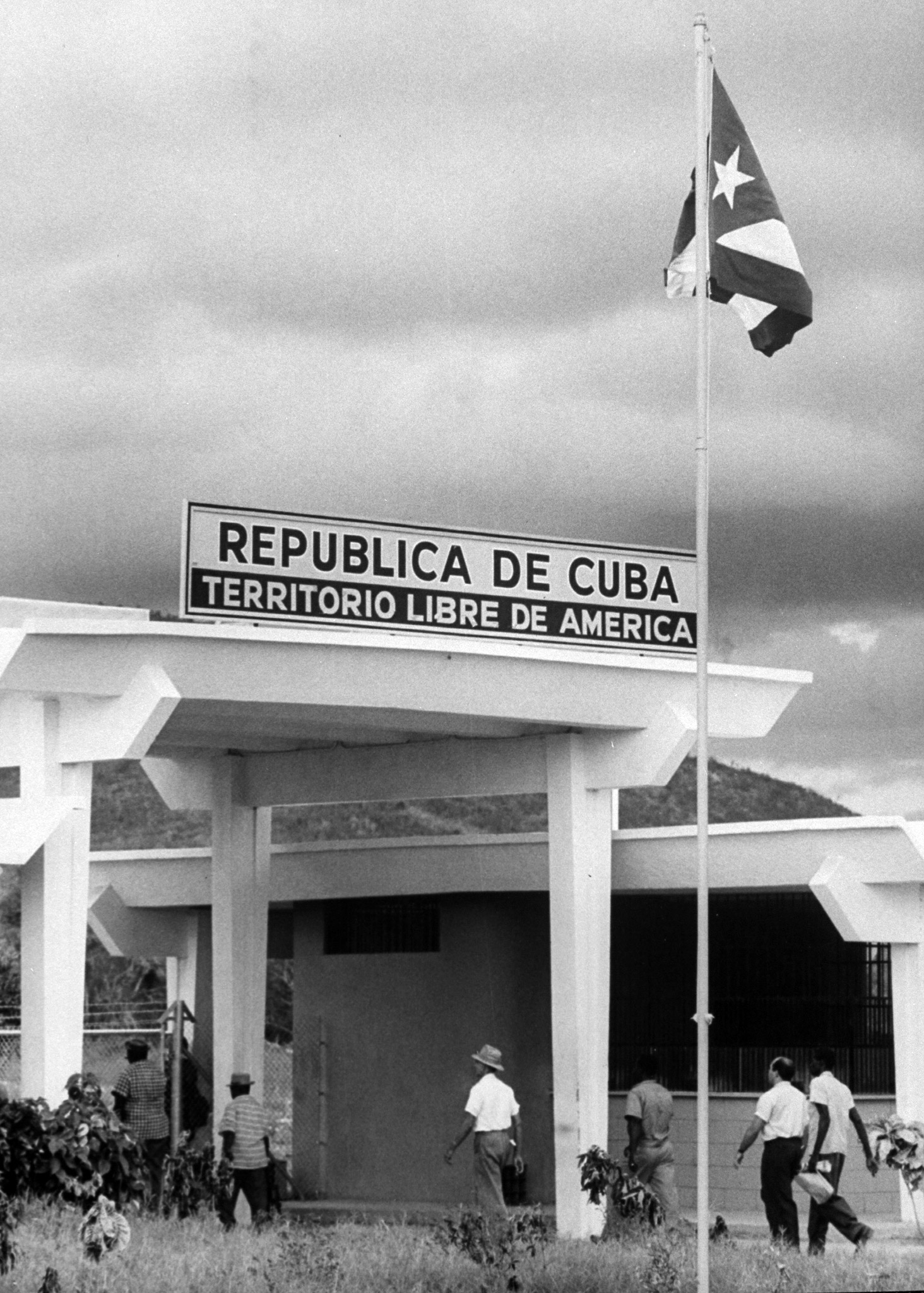

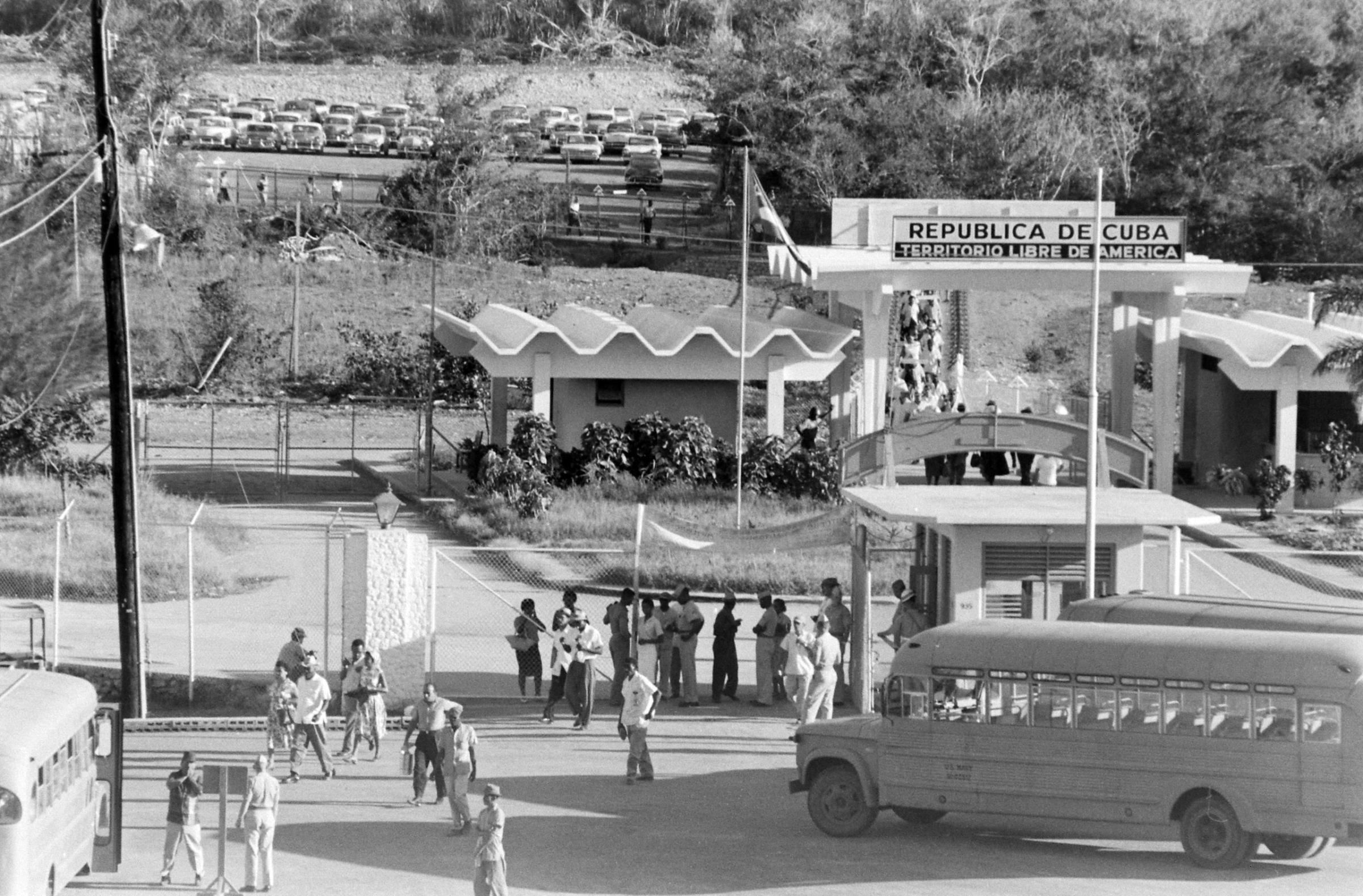
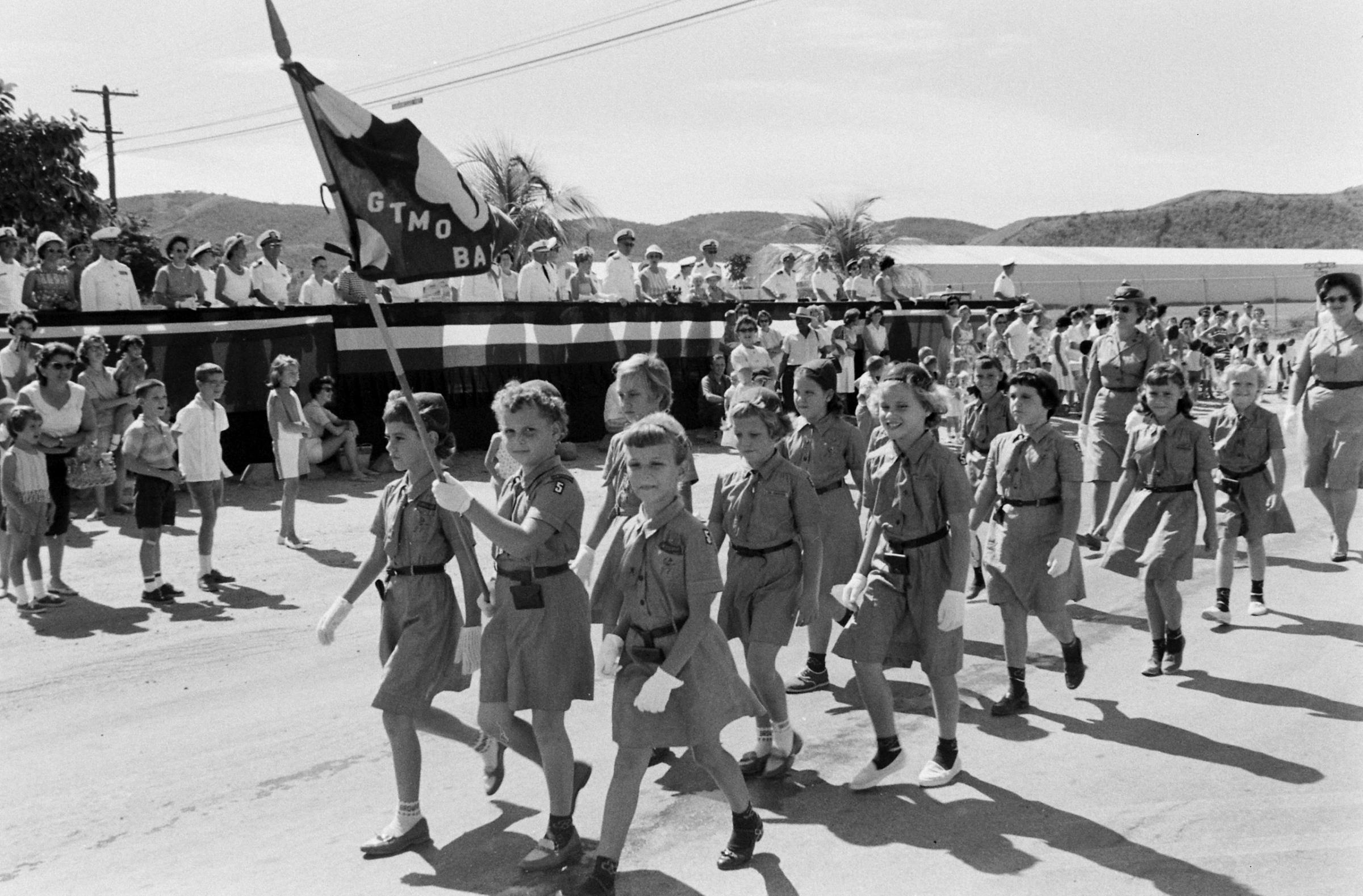

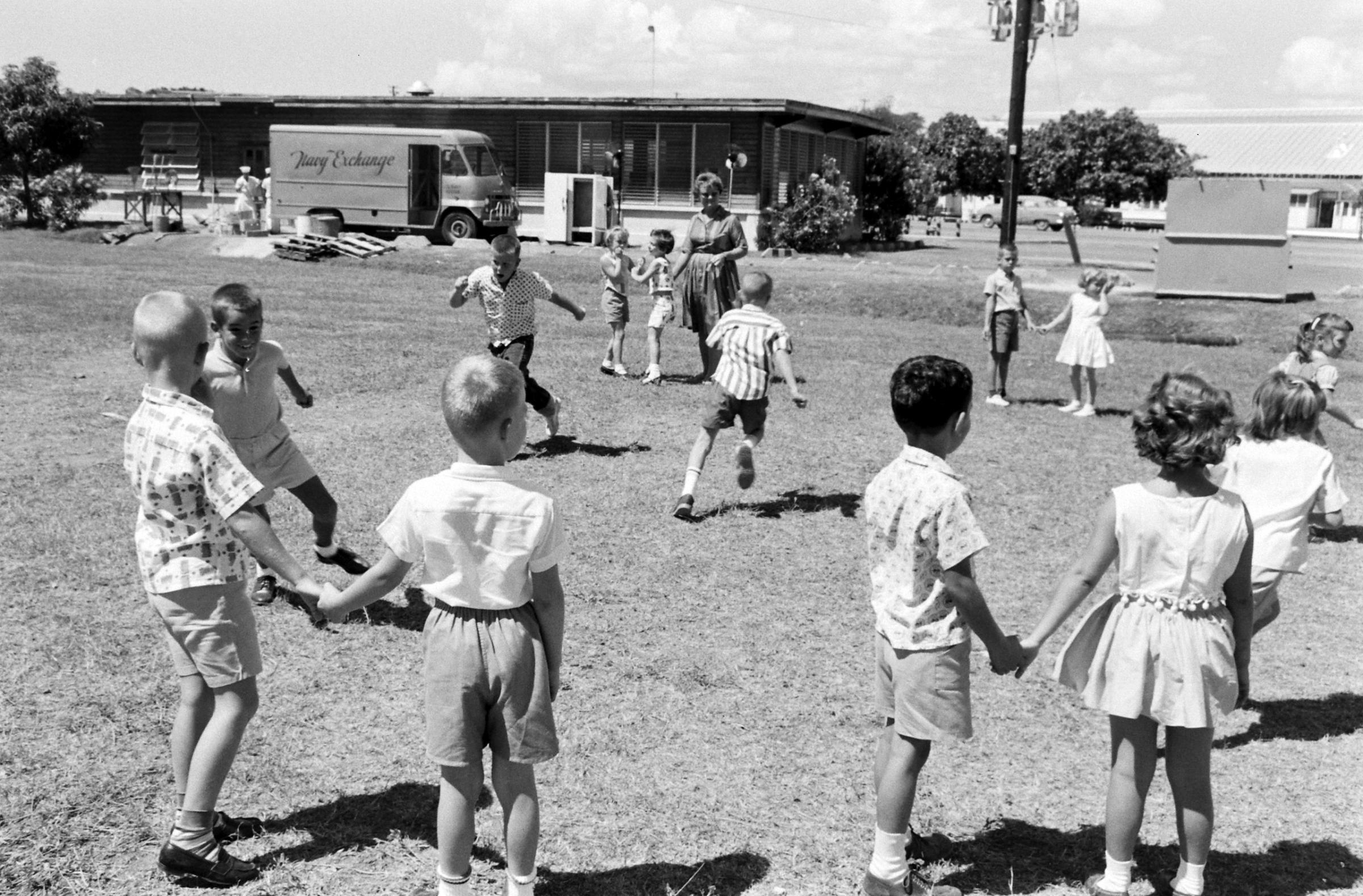
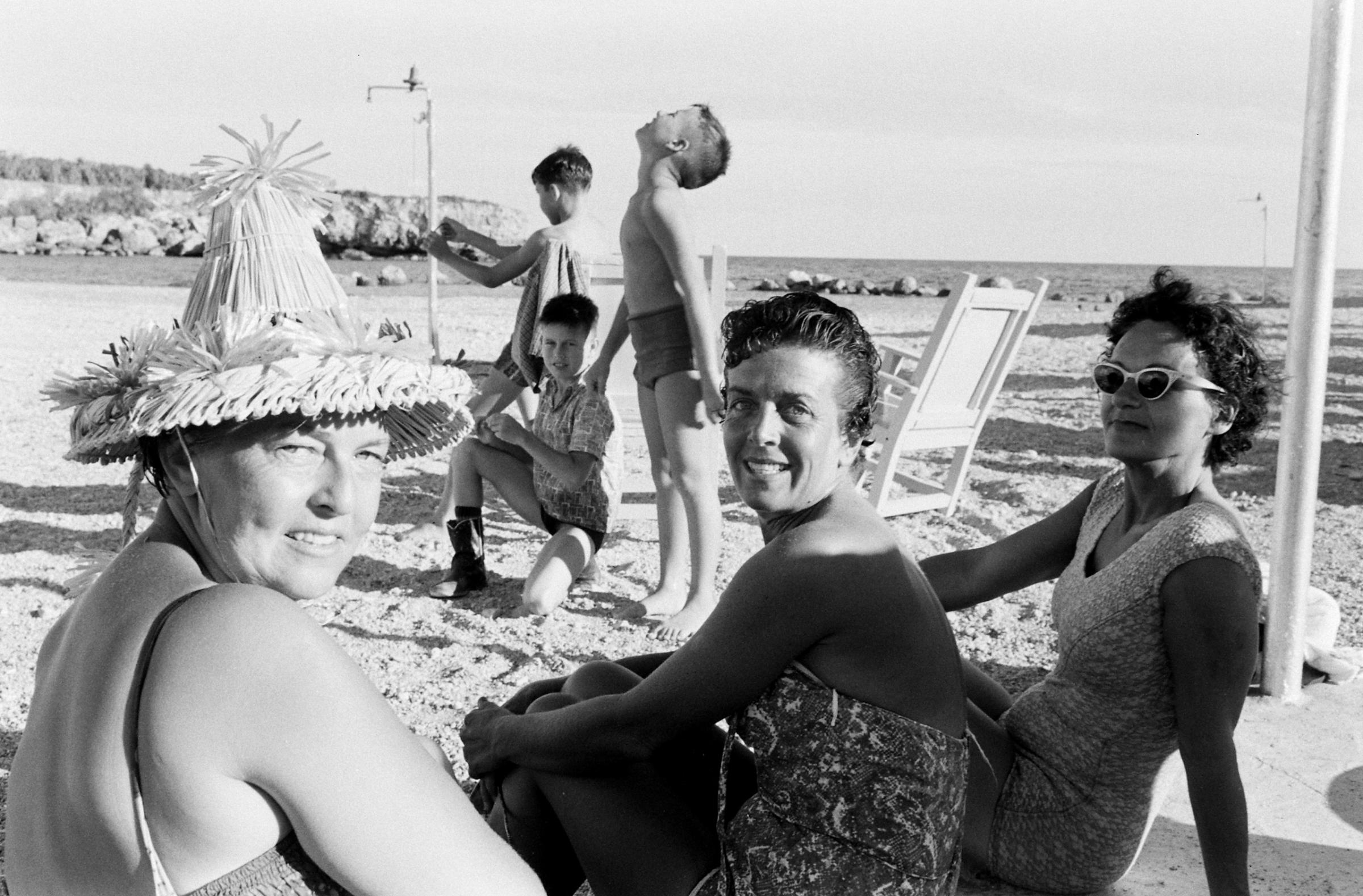
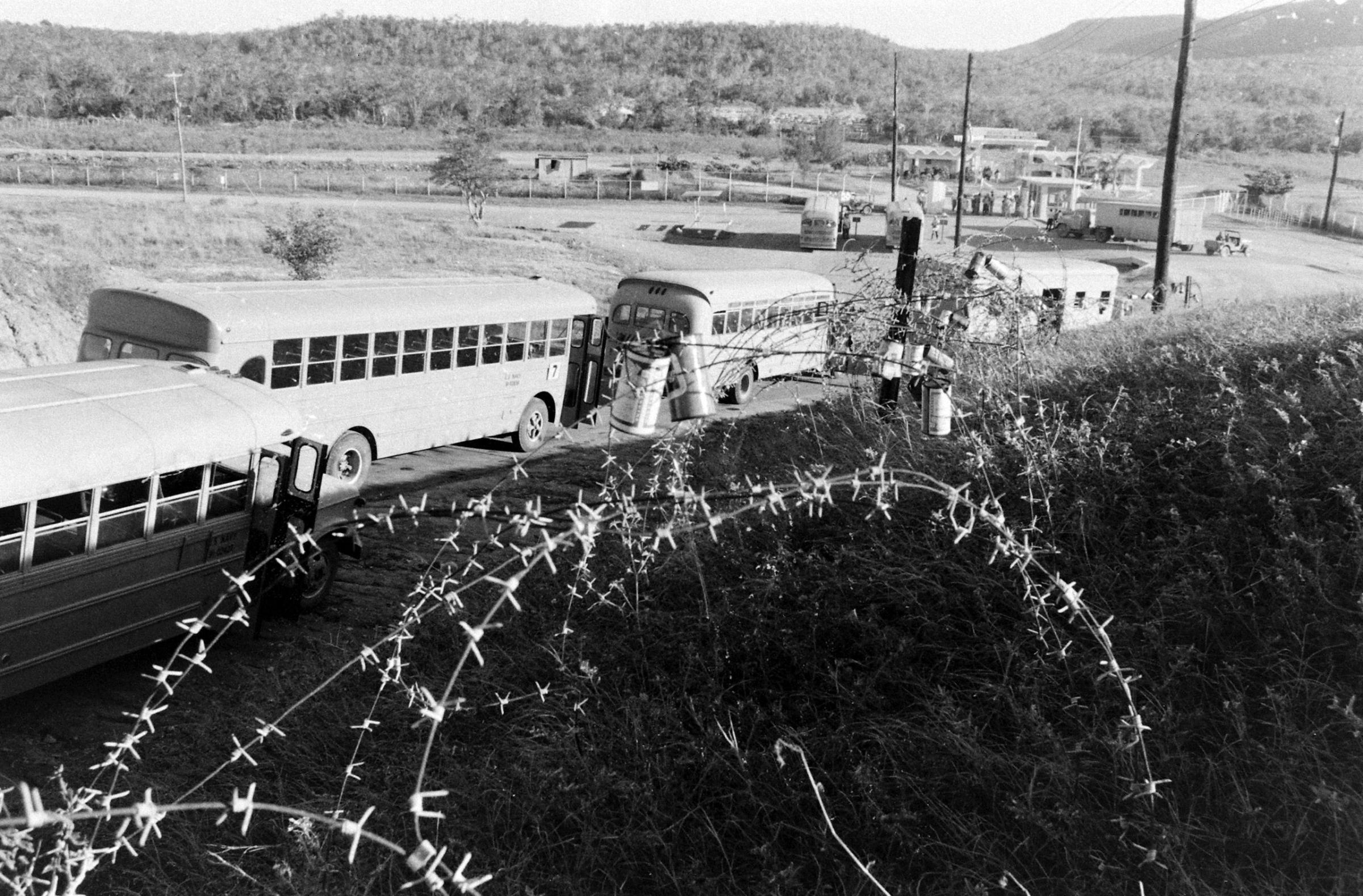
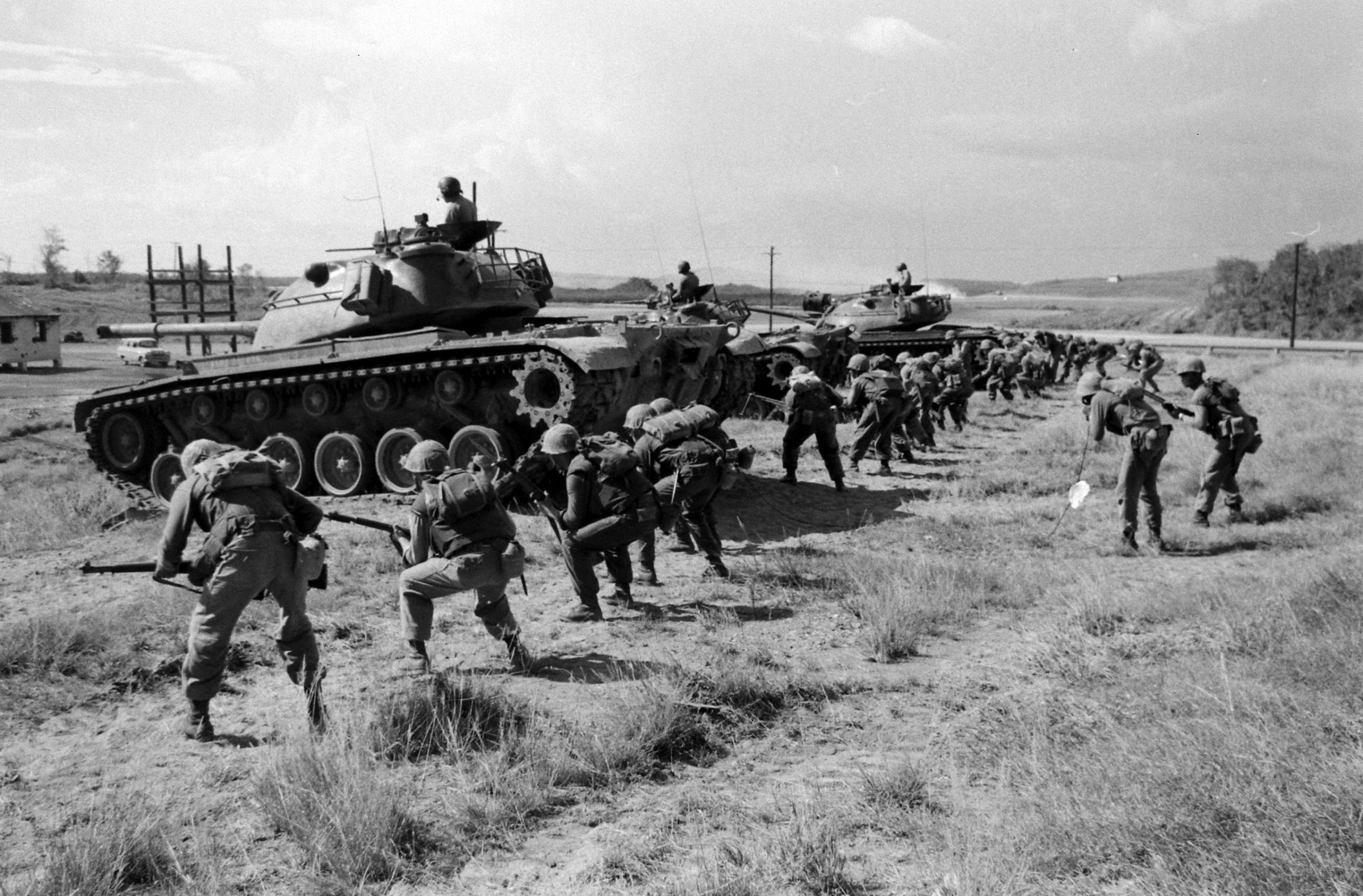
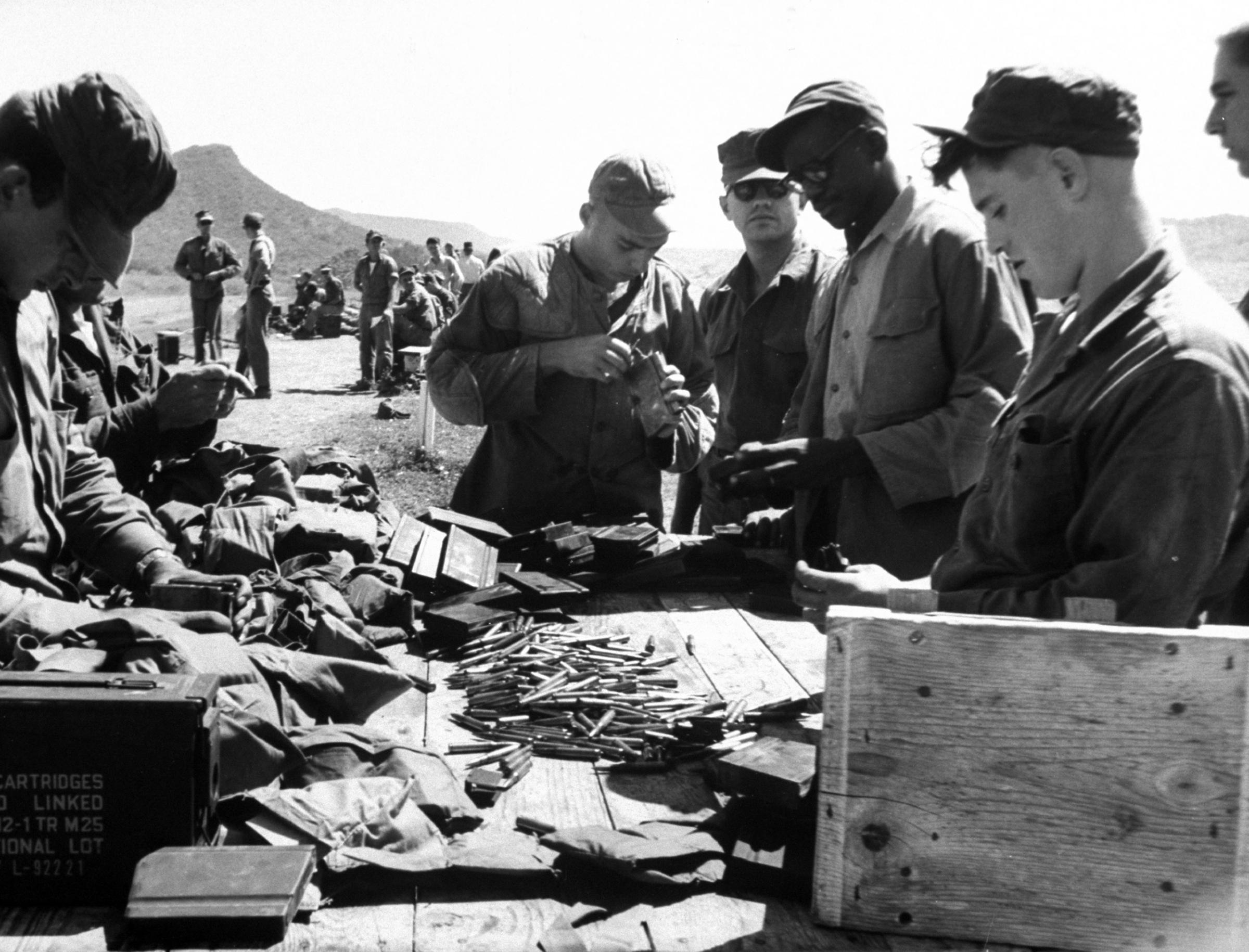
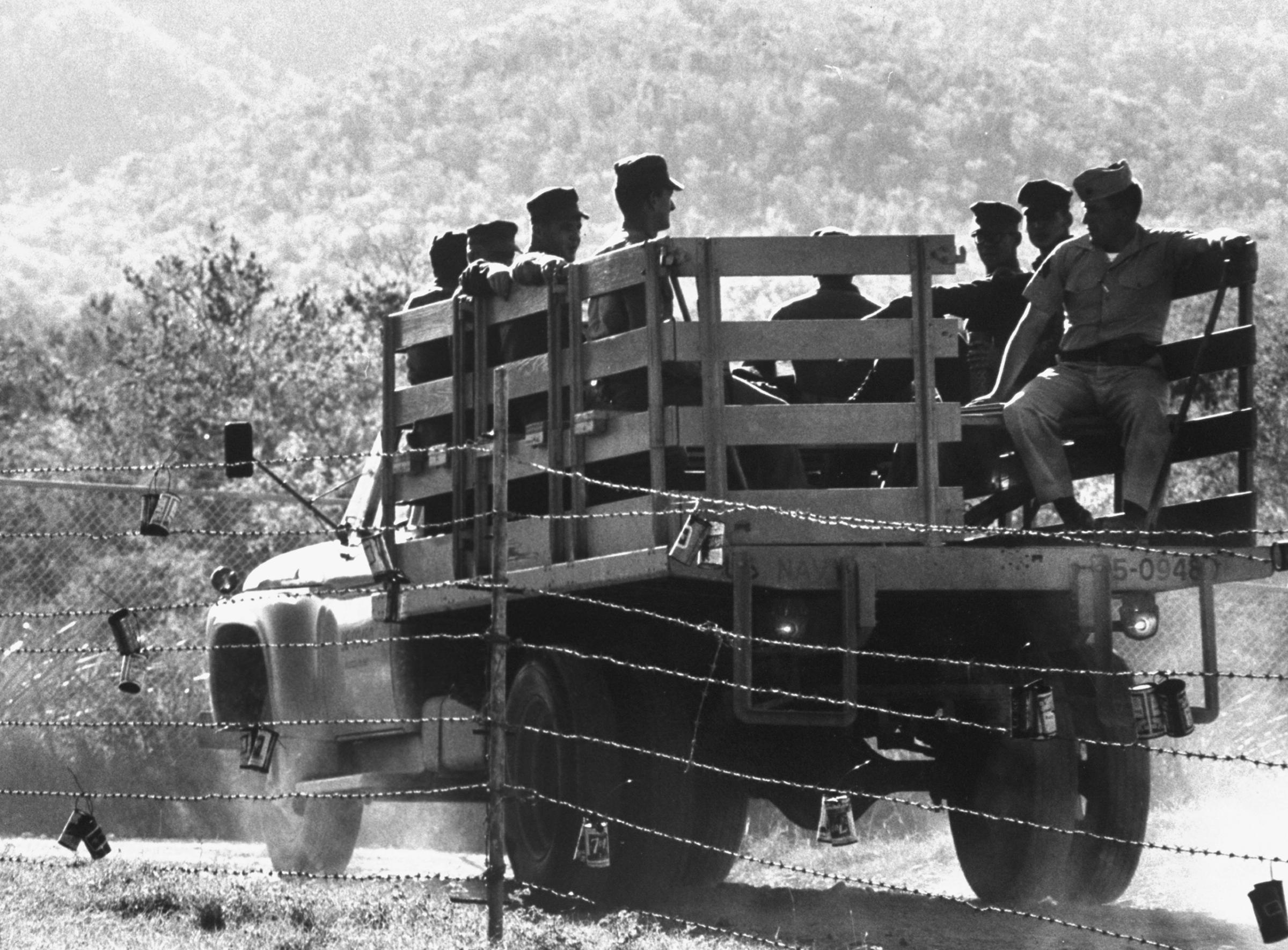
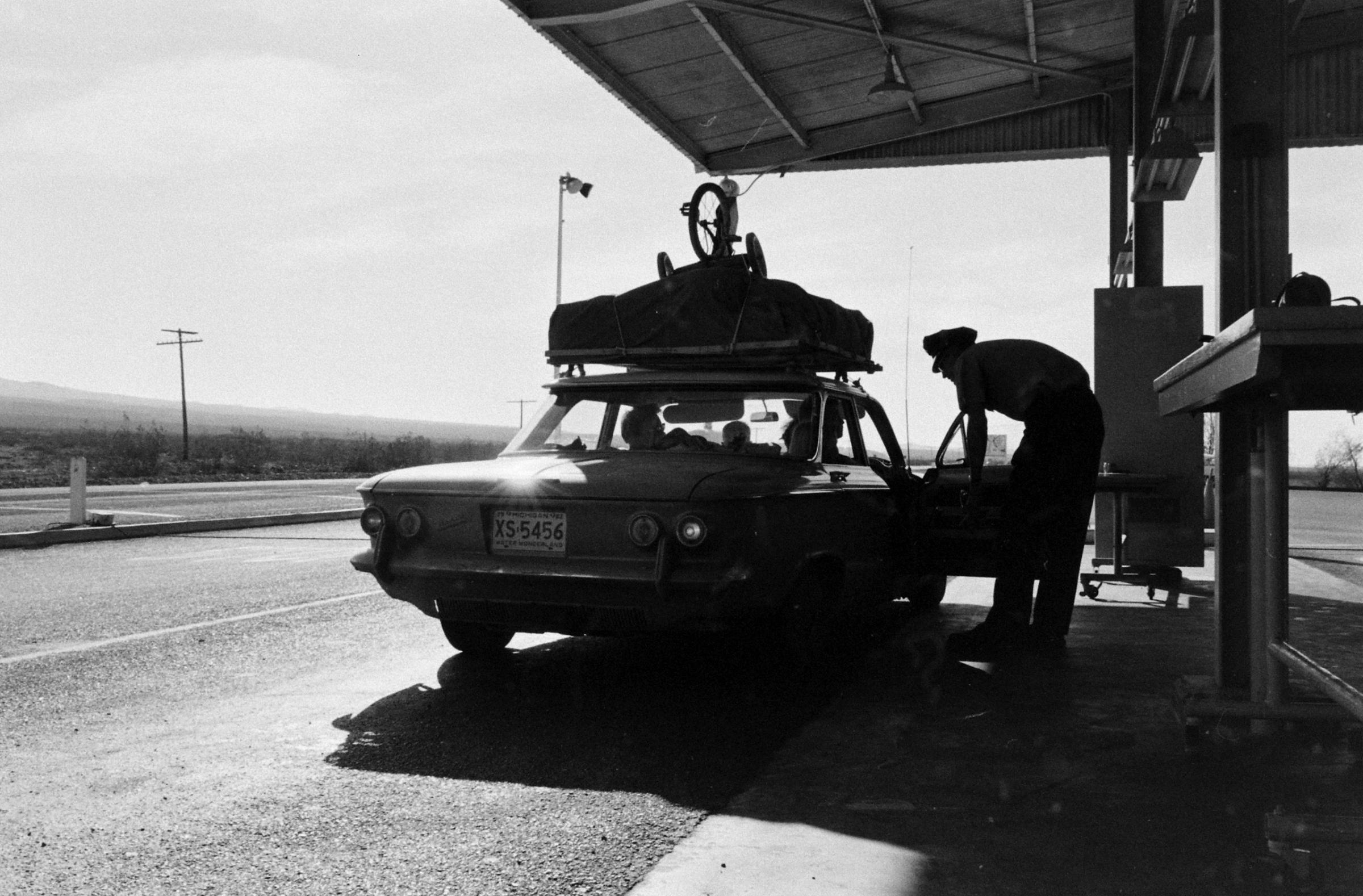
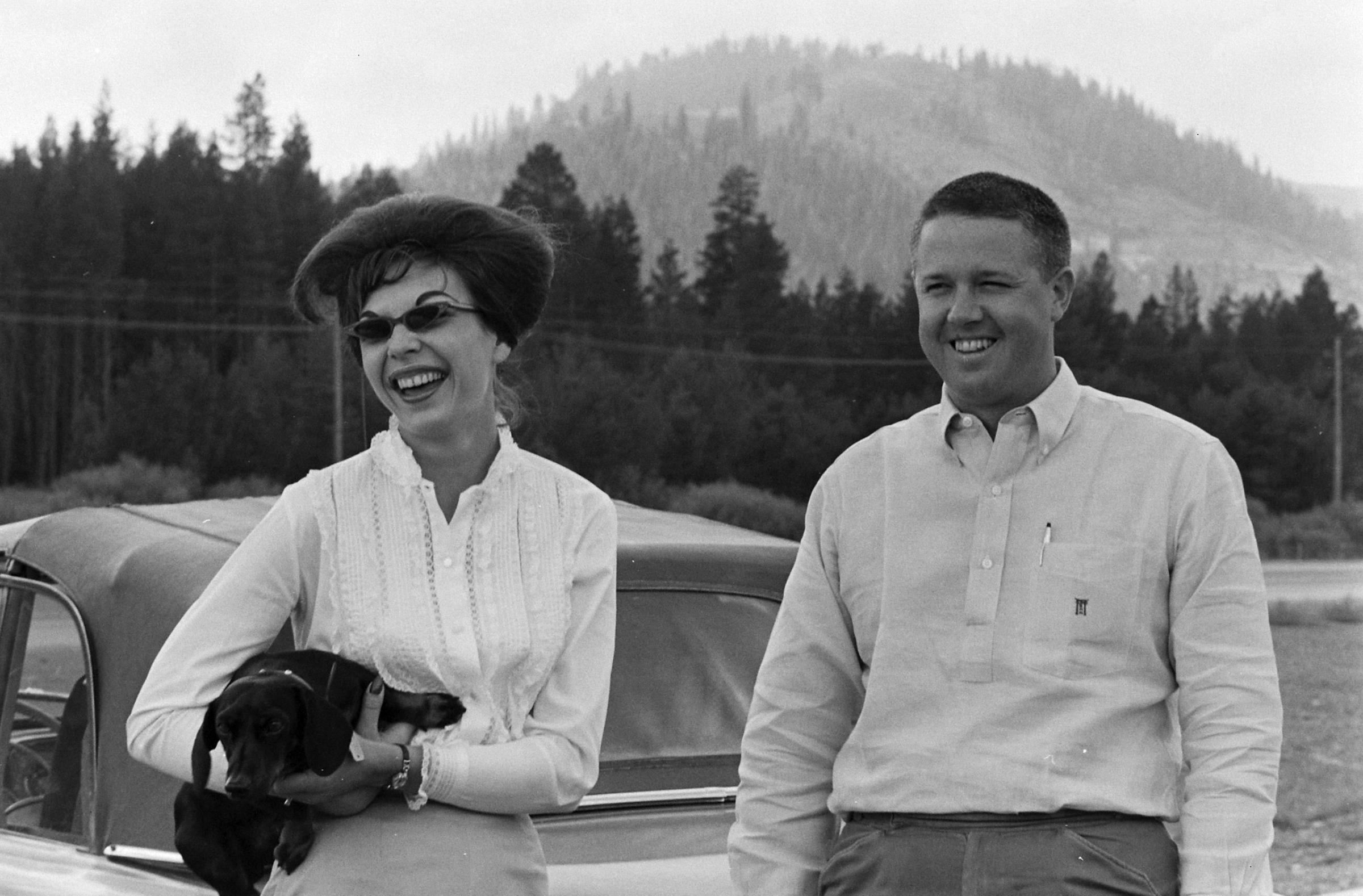
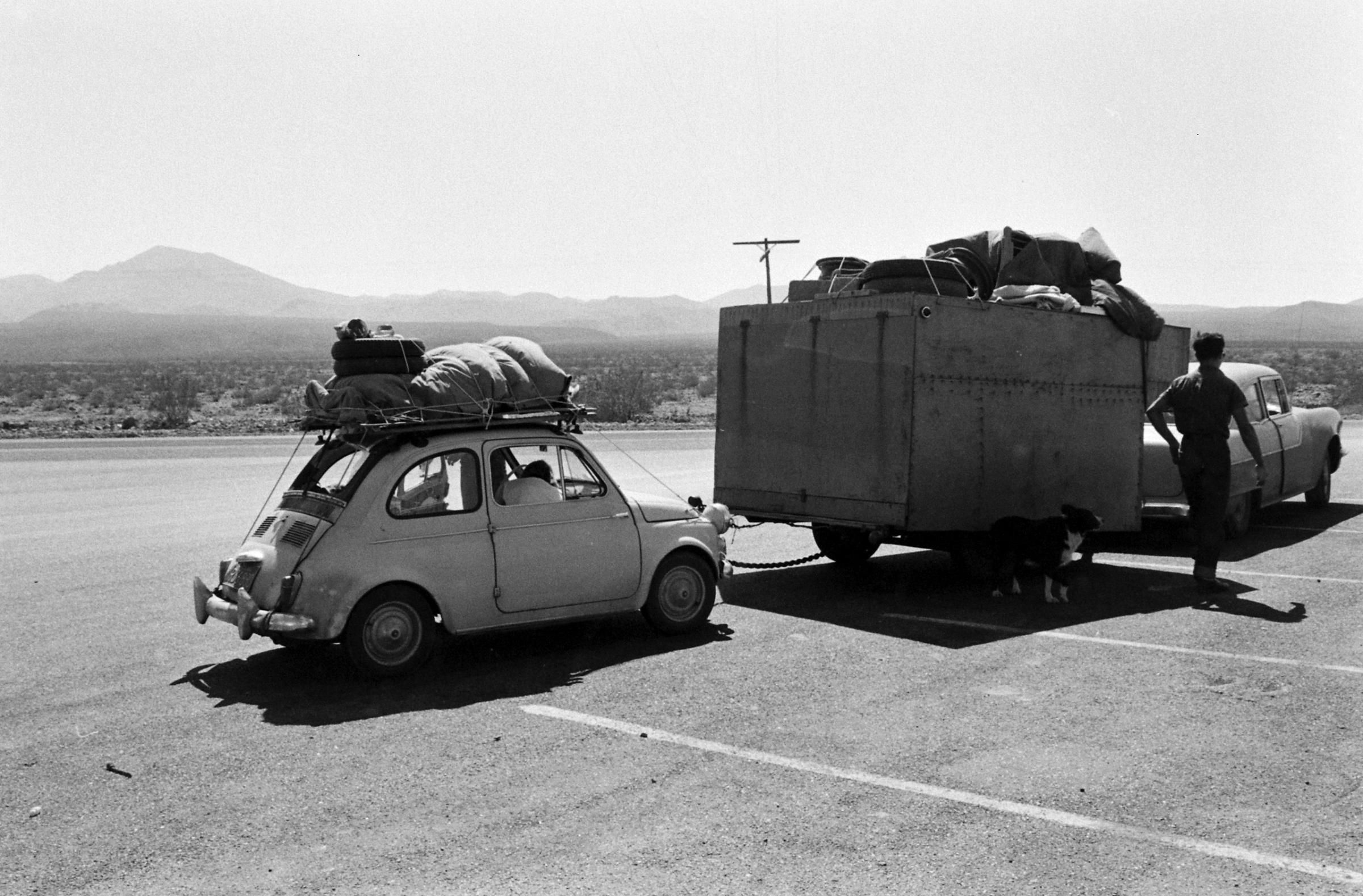
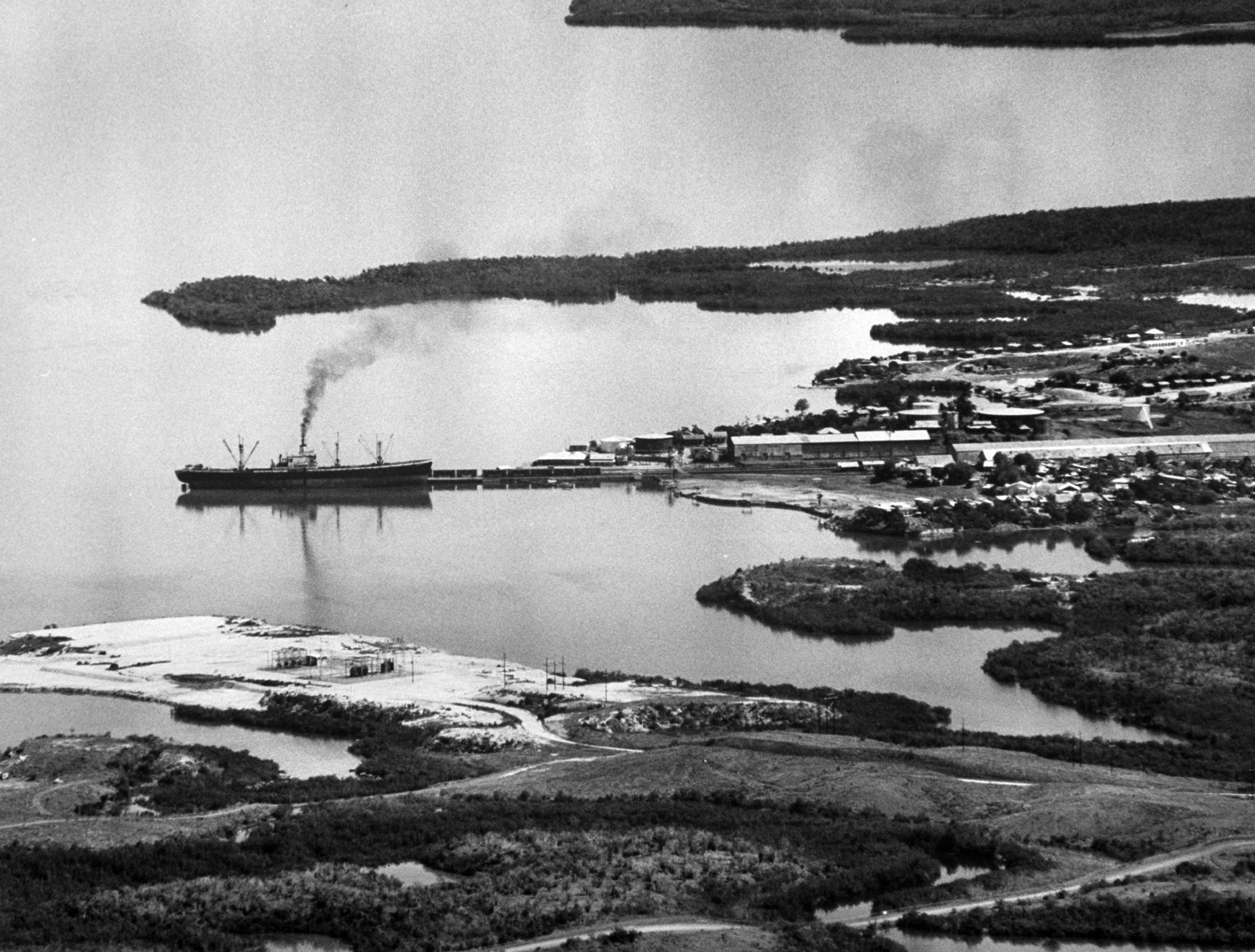
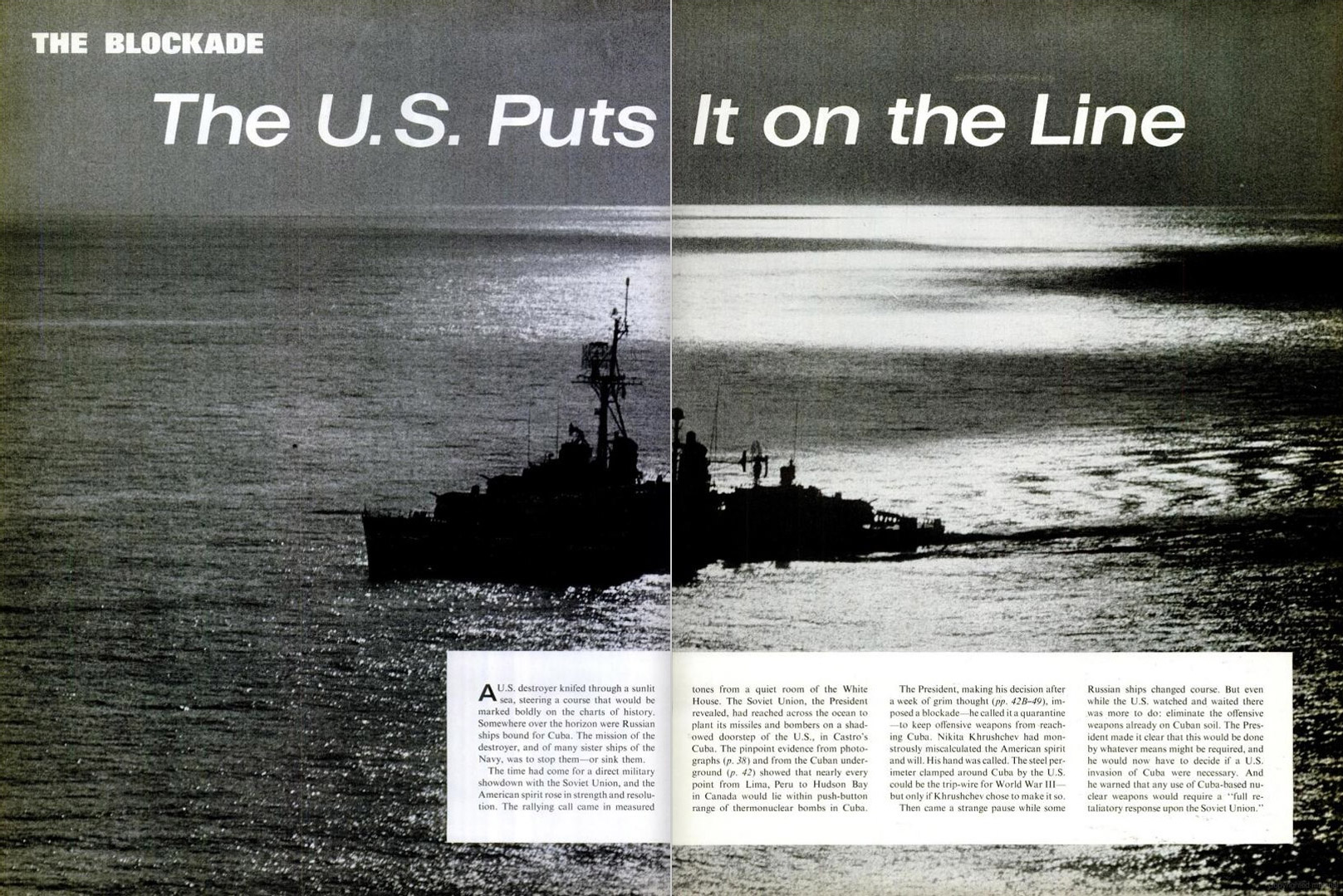
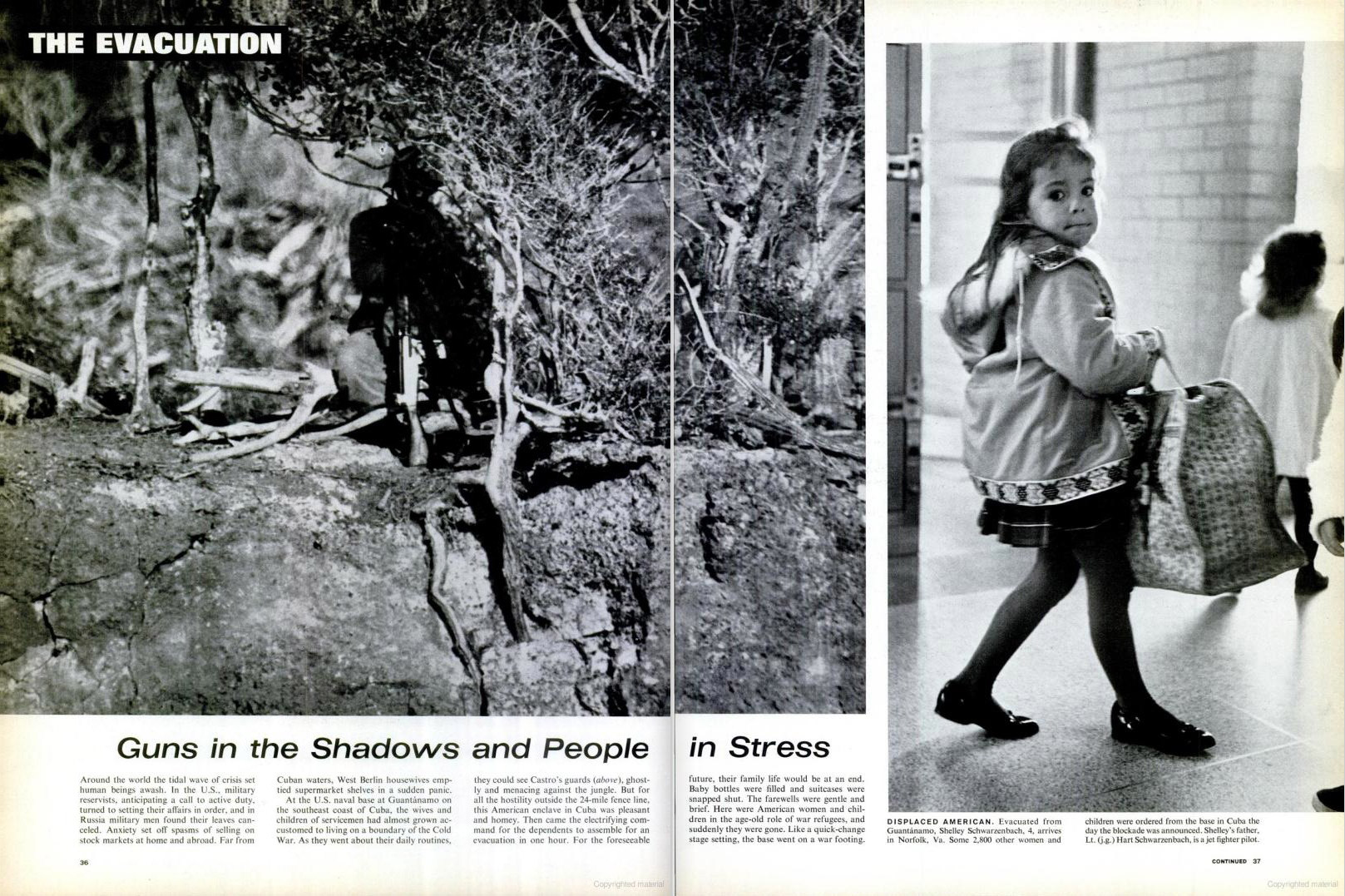
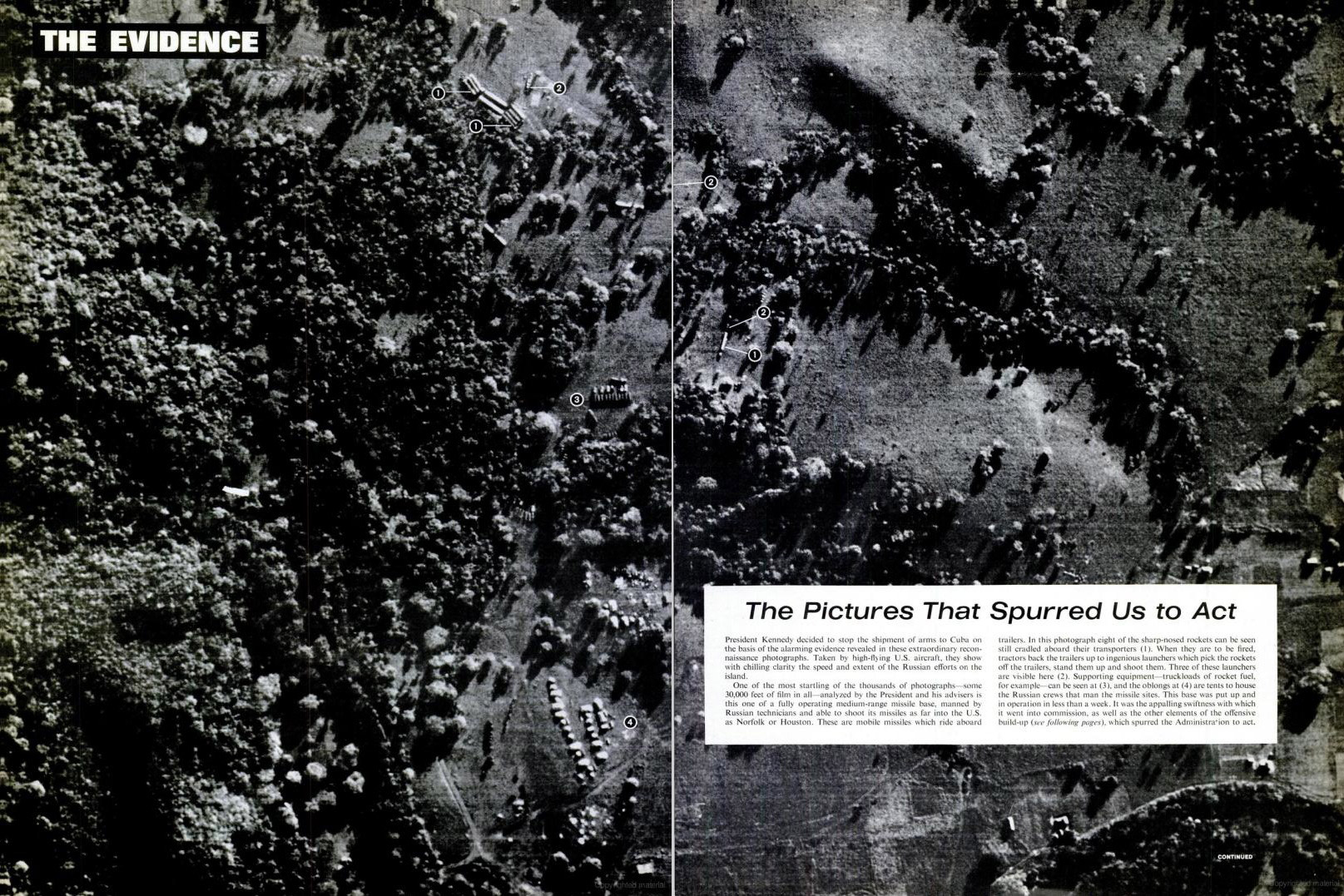
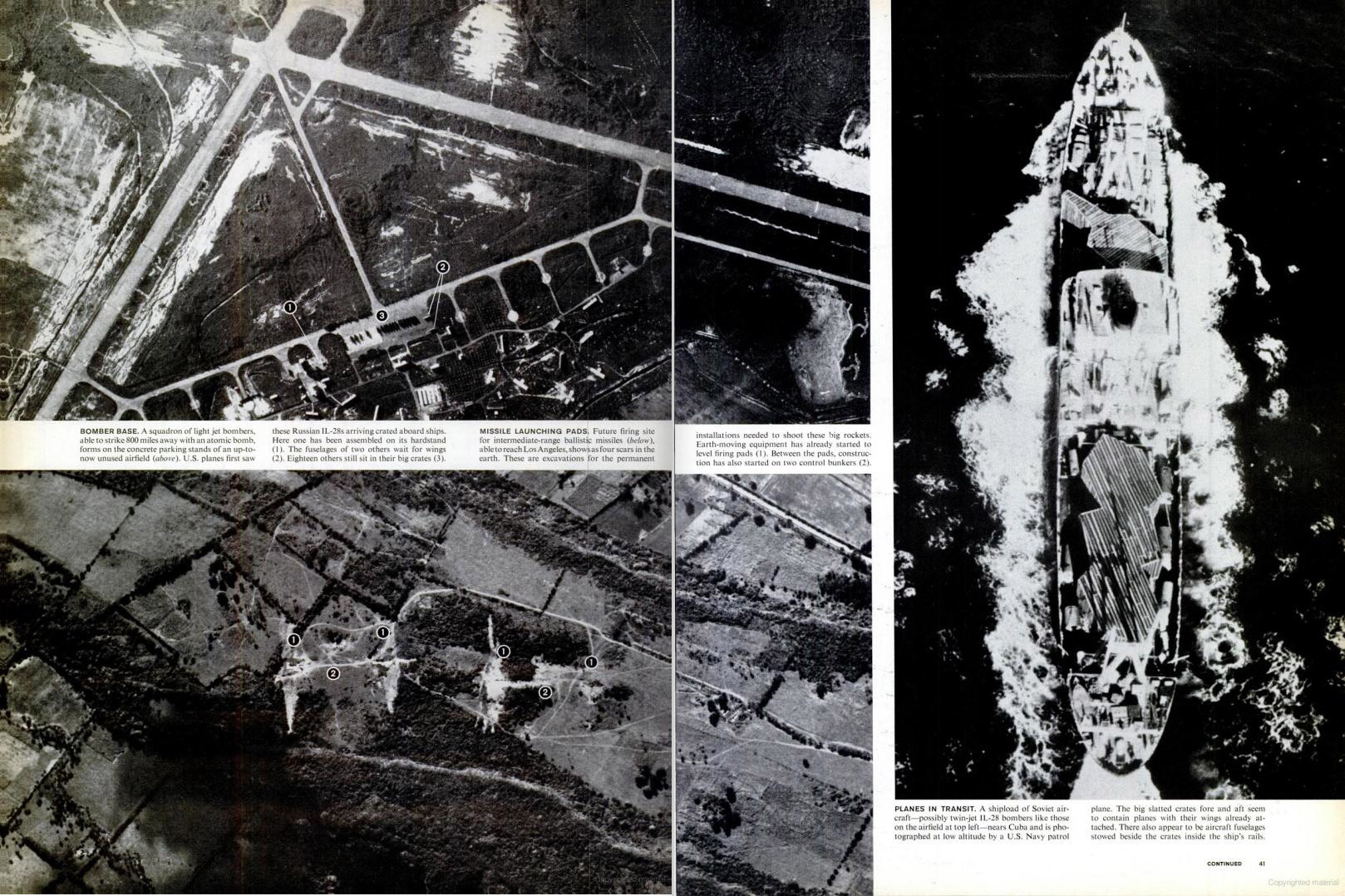
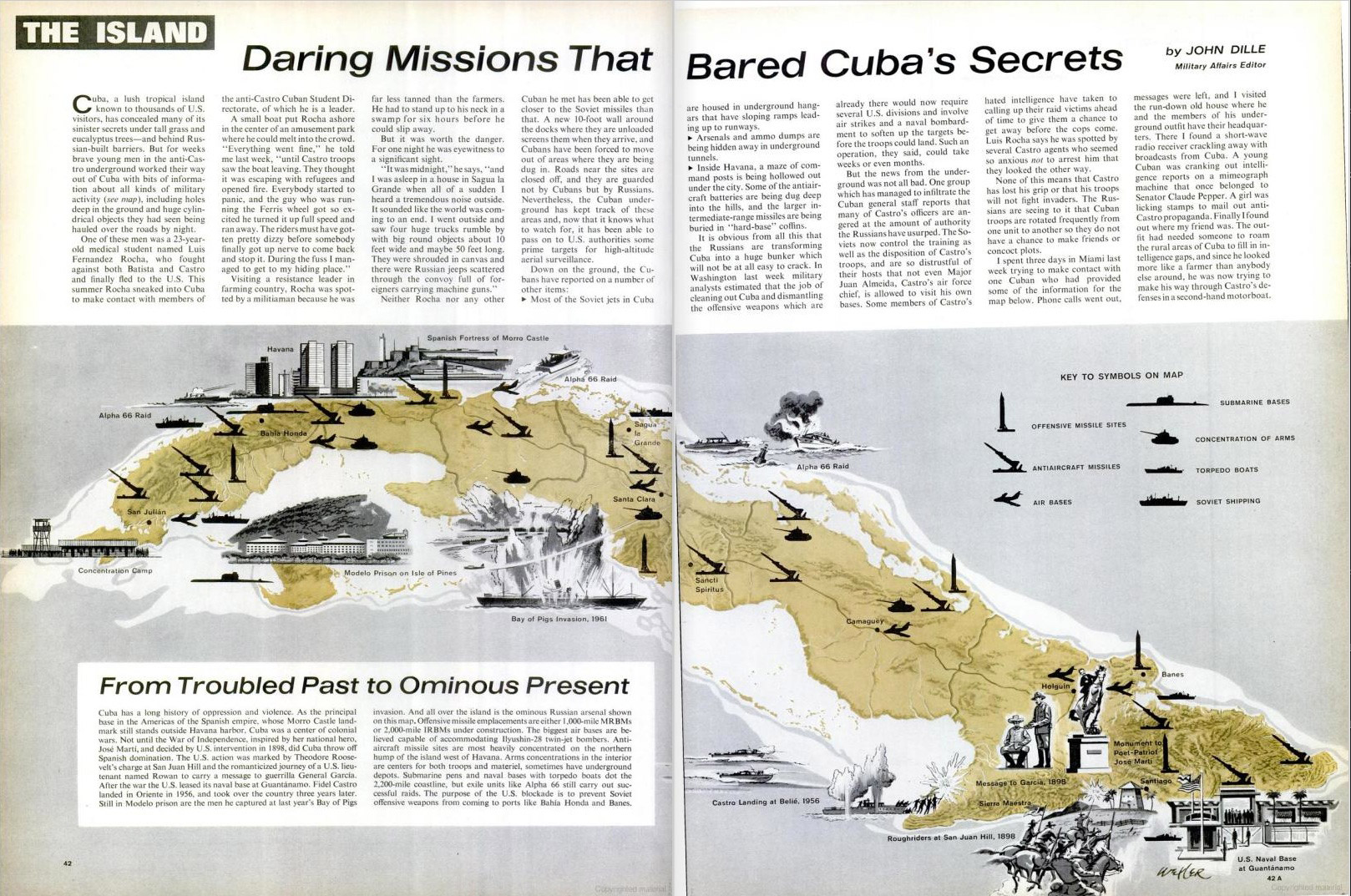
More Must-Reads from TIME
- Cybersecurity Experts Are Sounding the Alarm on DOGE
- Meet the 2025 Women of the Year
- The Harsh Truth About Disability Inclusion
- Why Do More Young Adults Have Cancer?
- Colman Domingo Leads With Radical Love
- How to Get Better at Doing Things Alone
- Michelle Zauner Stares Down the Darkness
Write to Eliza Berman at eliza.berman@time.com